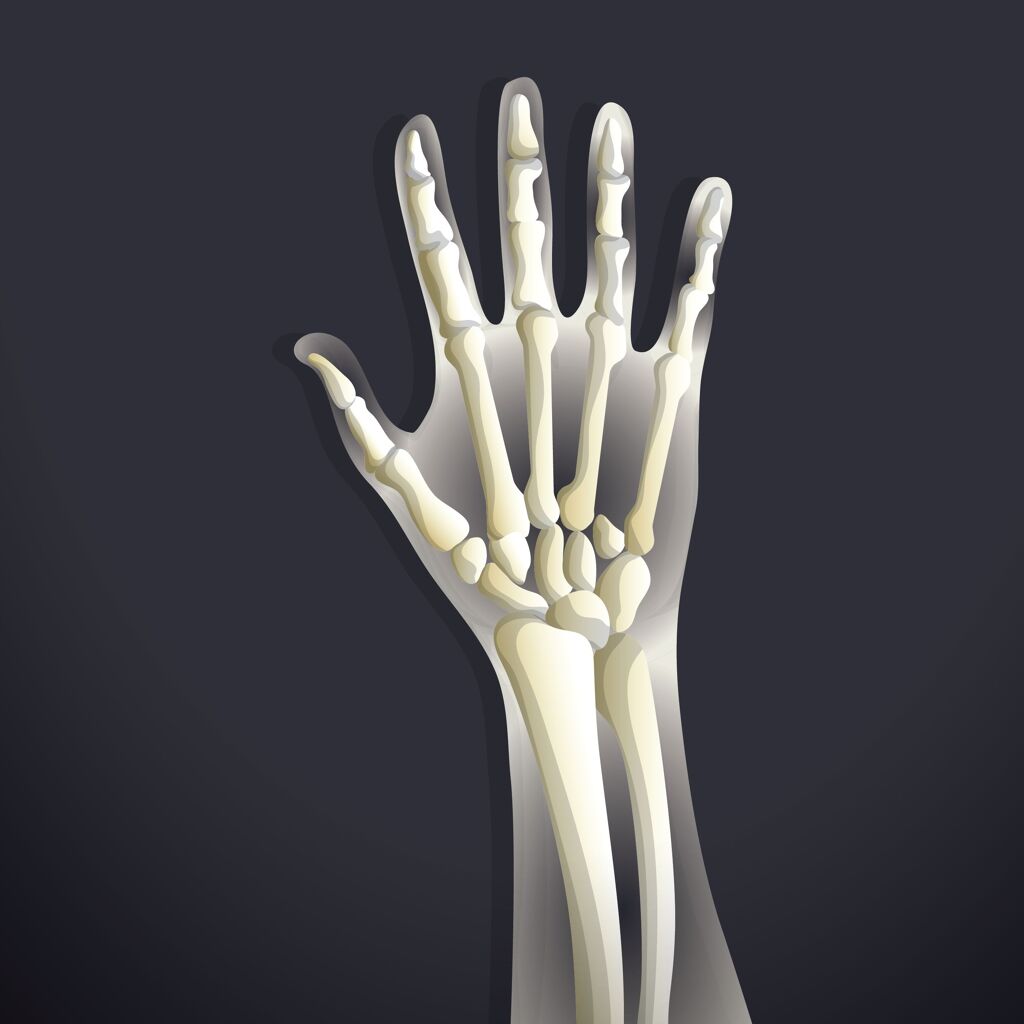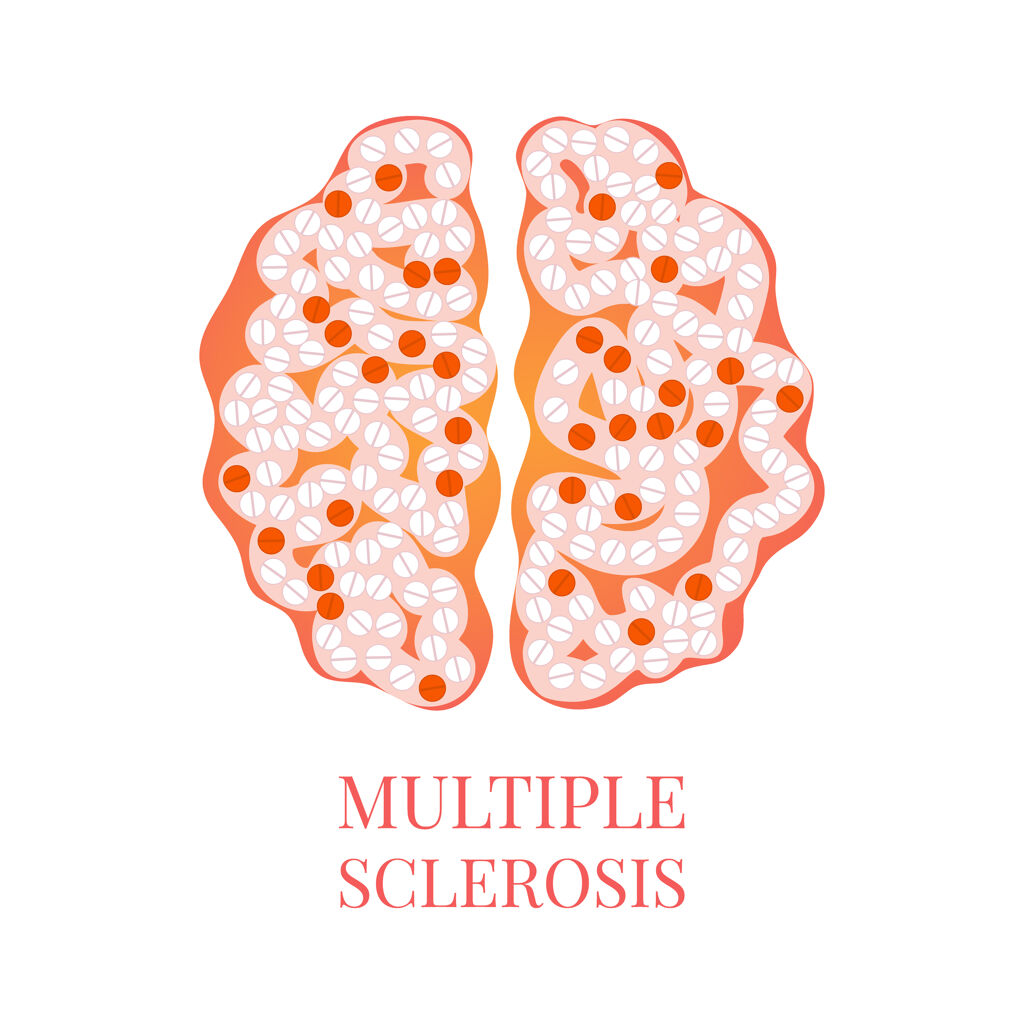Multiple Sclerosis Signs and Hidden Root Causes

Multiple sclerosis signs are important to pay attention to as early as possible. In this article, you will learn about multiple sclerosis signs and symptoms as well some common root causes that are often times not considered.
Read on to learn:
- How an underlying viral infection, Lyme disease and mold illness can be linked to, and even trigger, Multiple Sclerosis (MS)
- How biotoxins from Lyme or mold can cross into the brain and damage cells, causing neurological symptoms
- How this cell damage can trigger an autoimmune reaction and bring on symptoms of Multiple Sclerosis
- How we can address and correct Multiple Sclerosis using a Functional Medicine approach to Lyme disease or mold illness
Do you suffer from poor coordination, memory issues or neurological symptoms? Do you have Multiple Sclerosis signs and struggle to perform normal daily activities? Then this blog is for you, as we present one possible missing link to treating Multiple Sclerosis (MS). Please read on for the details!
** Please note: If you want the longer, more detailed version of this article, then please click here **
To Read About Blog Topic, Scroll Down
Want To Work With Our Clinic?
Do you have a chronic or mystery illness that no one has been able to help you with? Are you simply wanting to re-connect with a healthier version of yourself? It’s Time To Finally Feel Better!
Multiple Sclerosis (MS) is an inflammatory disease of the central nervous system. It is an autoimmune condition. The immune system goes into overdrive and mistakenly attacks the myelin sheath. Myelin is a protective layer around nerves, like the rubber layer around an electrical cord. Myelin increases nerve signaling. When myelin is damaged, nerve conduction and signaling is compromised. This leads to neurological symptoms that affect the brain or spinal cord of the nervous system.
Multiple sclerosis signs include fatigue, numbness and tingling, blurred vision, double vision, weakness, poor coordination, imbalance, pain, depression and cognitive problems with memory and concentration. Less frequent but possible symptoms include tremor, paralysis or blindness (National MS Society, 2020). MS is progressive and typically debilitating, although occasionally it can be mild. MS leads to substantial disability in more than 50% of patients (Martin R, 2001).
Multiple Sclerosis Signs and Facts:
- Nearly one million people had MS in the US in 2019 (MS Association of America, 2020).
- The average risk of developing MS in the US is approx. 3.5 in 1,000, or less than 0.5% (MS Association of America, 2020).
- Risk factors include being female, low vitamin D levels, cigarette smoking, obesity and viral infections (Tarlinton RE, 2020) and (Thompson AJ, 2018).
- Underlying genetic and environmental factors (toxins, infections, the immune response) affect your likelihood of developing MS.
- MS is most common in Caucasians of northern European ancestry (National MS Society, 2020).
Diagnosing MS can be challenging. Early MS symptoms may be non-specific, may come and go and can be similar to those of other disorders of the nervous system.
There is no single laboratory test to prove or rule out MS. An MRI and spinal fluid analysis are used to make the diagnosis (National MS Society, 2020).
An autoimmune disease like MS can be triggered in a pro-inflammatory environment (Martin R, 2001). If the environment is not inflammatory, then it is less likely that autoimmunity will take hold. The pro-inflammatory environment may be created due to an underlying viral infection, Lyme disease or mold illness. As these are often difficult to detect, the infection can have plenty of time to take hold and create systemic inflammation. This can set the scene for autoimmunity, in the form of MS, to develop. Or the established Lyme or mold issue can present with symptoms that mimic MS.
Is Viral Infection a Root Cause of MS?
Multiple sclerosis is not a fast-onset disease. It typically is a process that is going on for some time before diagnosis (Martin R, 2001). Unresolved chronic viral infections can have a pathogenic role in triggering an MS autoimmune response (Tarlinton RE, 2020).
Viruses may manipulate gene expression, leading to inflammation, immune dysregulation and possibly myelin destruction (Tarlinton RE, 2020). They can cross the blood brain barrier (BBB) and can establish lifelong chronic infection (Tarlinton RE, 2020).
- Demyelination in the brain can be initiated by viruses (Martin R, 2001). For example, acute demyelinating damage to the brain can happen after a measles infection (Martin R, 2001).
- Epstein–Barr virus, herpes virus and others play a role in MS pathogenesis (Tarlinton RE, 2020).
- The most commonly used and effective MS treatments directly induce anti-viral responses or remove cells that viruses replicate (Tarlinton RE, 2020).
Is Lyme Disease a Root Cause of MS?
Infections, like Epstein-Barr, bacterial infections, and especially, Borrelia burgdorferi infection, play a role in MS (Batinac T, 2007). Borrelia burgdorferi is a tick-borne spirochete that causes Lyme disease after a tick bite and has been implicated as a cause of MS (Batinac T, 2007).
Lyme disease is characterized by lesions in the brain similar to those found in MS patients (Shroff, 2016). Lyme disease can cause delayed neurological symptoms that can turn into serious illness, similar to MS.
In fact, the symptoms of Lyme and MS can be very similar (MacLean G, 2020). Overlapping symptoms include visual disturbances, peripheral neuropathy, cognitive defects and fatigue. In the late stages of Lyme disease, demyelination in the central nervous system can develop (Batinac T, 2007).
MS can be erroneously diagnosed as it is clinically very difficult to distinguish between MS and Lyme disease (Shroff, 2016) and (Batinac T, 2007).
As of now, in conventional medicine, there is no effective cure for MS. Antibiotics can treat Lyme disease, but in some patients the symptoms continue, even after antibiotics (Shroff, 2016). There are also herbal and non-pharmaceutical options to treat Lyme. We work with these treatments every day in our Functional Medicine clinic.
Is Mold Illness a Root Cause of MS?
Mold is a type of fungus. Fungal toxins, or mold, produce mycotoxins (mold toxins). Many studies report a strong relationship and associate fungal toxins with nerve cell damage that can lead to Multiple Sclerosis (Purzycki CB, 2010).
Some types of pathogenic fungi sequester in tissue and release toxins that target and destroy Central Nervous System (CNS) cells. This can bring on myelin degradation, triggering the onset of MS symptoms (Purzycki CB, 2010).
Mycotoxins can cross the blood-brain barrier and directly damage the nerve cells that support myelin (Purzycki CB, 2010). The damaged cells release debris that triggers an immune response, creating more oxidative damage (Purzycki CB, 2010).
In Functional Medicine, we always want to get to the root cause or causes of a disease. Based on the research, it is clear that Lyme disease and/ or mold illness should be considered when treating MS. Treatment should focus on detoxing these biotoxins from the body to address the Lyme and mold problems. We frequently work with Lyme or mold illness patients in our clinic and have success treating these conditions
Once the Lyme or mold condition is treated, then we can see how much of the MS symptoms have improved and decide on next steps. In some cases, this can resolve the issue entirely while in others, there may be an improvement in symptoms, but more work and treatment may be needed to fully resolve multiple sclerosis signs and symptoms.
** Please stay tuned for our next Blog! **
Are You Suffering From A Chronic Illness?
Does your current health situation look like this…
- Do you feel that you have tried many things and either nothing works, or the treatment does not hold?
- Have you been told that there is nothing that can be done to reverse your illness and you just need to manage symptoms?
- Does your illness impact your work, your family, your happiness and your social life?
We specialize in finding answers and solutions for complicated chronic illness when people feel like they have tried everything. If this sounds like you, book a free call with us to see if we are the right fit for your health goals.
Dr. Miles has spoken for the following organizations:

















